Comment April 8, 2020
Quick Tips for Using Water at Home During COVID-19
By Sumeep Bath, Communications Manager
Most of us are now spending the majority of our time at home as we work collectively to “flatten the curve” of the COVID-19 pandemic.
And that means we are likely cleaning a lot more, disinfecting often, and using more disposable plastics.
Let’s not forget that what goes down our drains can leach into our freshwater supplies.
So, if you want to do your bit to keep protecting our fresh water, be sure to follow the handy tips below.
(And then share them on your social media networks to spread the messages far and wide.)
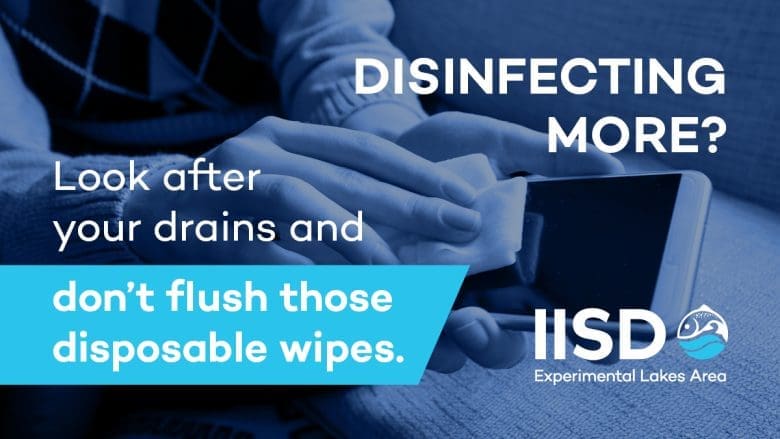
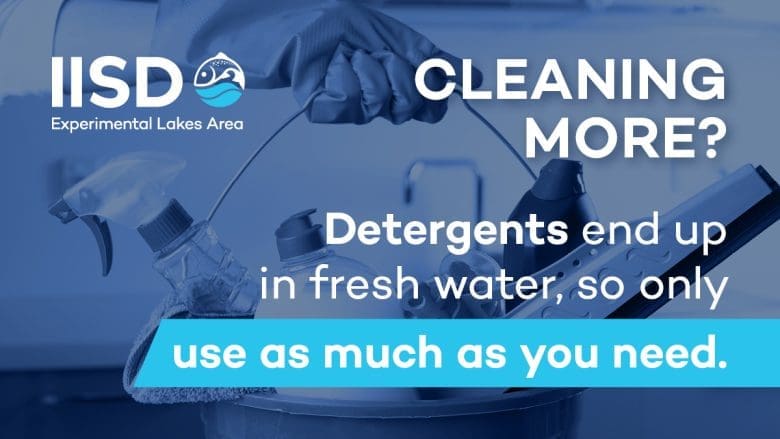
Rule of thumb? Just use as much as you need — no more, no less.
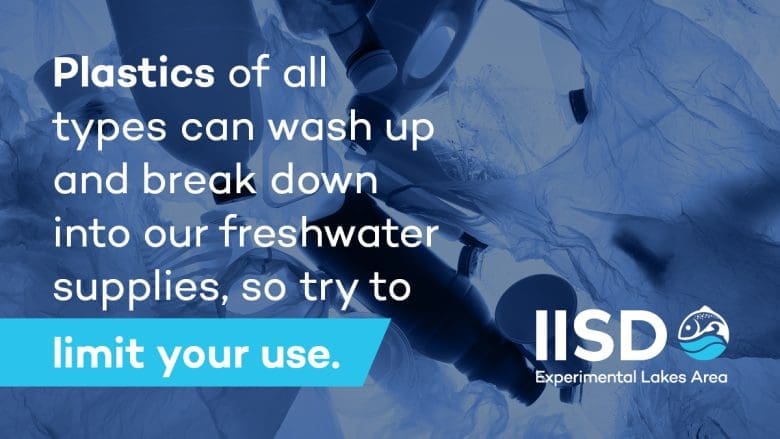
Remember that plastics can break down and leach into our fresh water, so use as little as you can.
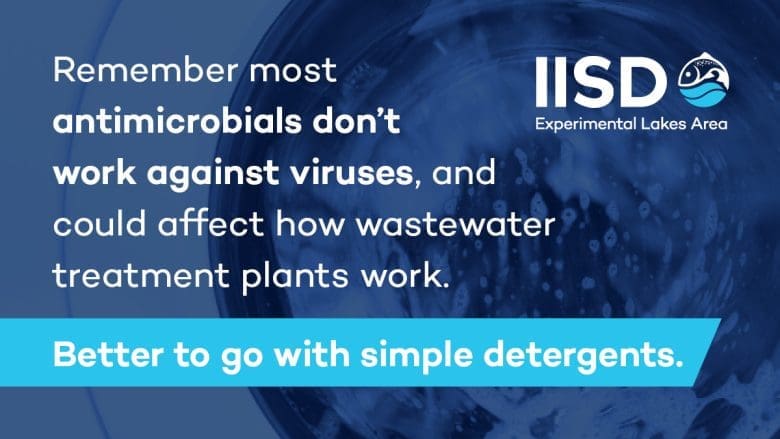
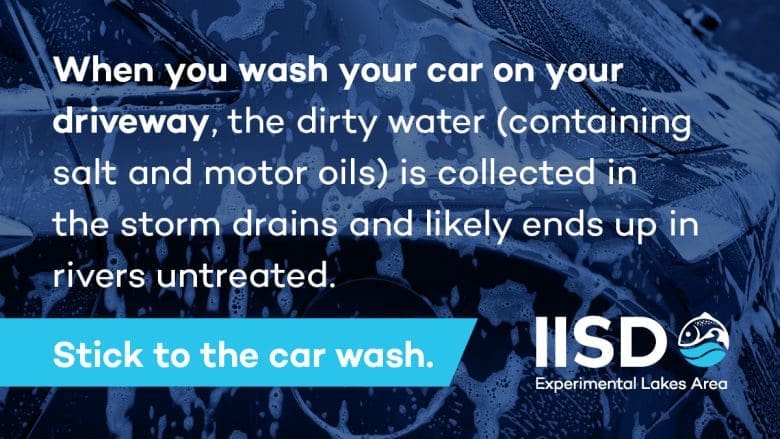
You know that ground-breaking freshwater research you just read about? Well, that’s actually down to you.
It’s only thanks to our generous donors that the world’s freshwater laboratory—an independent not-for-profit—can continue to do what we do. And that means everything from explore what happens when cannabis flushes and oil spills into a lake, to how we can reduce mercury in fish and algal blooms in fresh water—all to keep our water clean around the world for generations to come.
We know that these are difficult times, but the knowledge to act on scientific evidence has never been more important. Neither has your support.
If you believe in whole ecosystem science and using it to bring about real change to fresh water around the globe, please support us in any way you are able to.